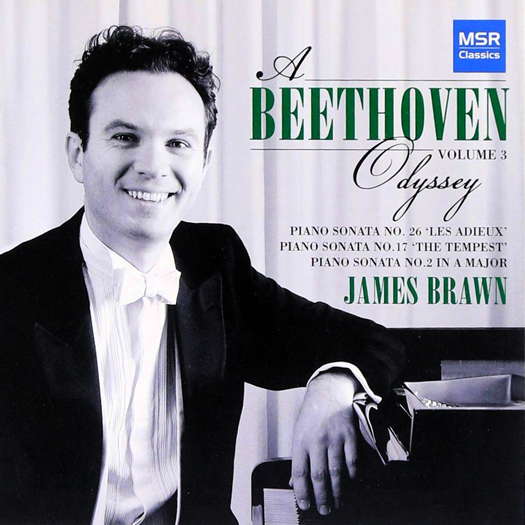Mercurial Switches of Mood
MIKE WHEELER is impressed by Mendelssohn, Liszt, Beethoven and J S Bach/Myra Hess played by Japanese pianist Yu Kosuge
Felix Mendelssohn's Fantasy in F sharp minor, Op 28, is one of his less familiar piano works, but Japanese pianist Yu Kosuge made a compelling case for it to be better known, at the start of her Sunday morning piano recital - Royal Concert Hall, Nottingham, UK, 17 December 2023. It was originally entitled 'Scottish Sonata', but though some commentators have heard a Scottish atmosphere in the first movement, its first version seems to have been written in 1828, the year before before his famous visit to Scotland.
As it emerged from the opening quiet rippling figures, Yu Kosuge was clearly in full command of its mercurial switches of mood, from the agitated to the introspective, and of its graded dynamics. The second movement's urbanity, was nicely contrasted with Mendelssohn's familiar scherzo manner in her fleet-fingered account of the minor key but bouncy, sparkling finale.

Yu Kosuge
Liszt's collection Weihnachtsbaum (Christmas Tree) also deserves to be more familiar. Yu Kosuge's chose four of the twelve pieces, beginning with the first, 'Altes Weihnachten' (Old Christmas song), whose theme moved, in Liszt's treatment, from sturdy to delicate to sturdy again. She brought an apt, gentle swaying to No 7, 'Schlummerlied' (Lullaby), with a delectable melting-away at the end. No 8, 'Altes provençalisches Weihnachtslied' (Old Provençal Christmas Carol) was quietly jolly and to my wears, even sounded faintly Russian. Finally came No 9, 'Abendglocken' (Evening Bells). Liszt's effect of distance was perfectly judged and, again, the concluding fade-out was beautifully managed.
Beethoven's C major Sonata, Op 53, 'Waldstein', began with another soft opening, but there was no mistaking the energy behind it in Yu Kosuge's reading, fast but not breathless. When Beethoven wanted to drive a point home, she was with him all the way, but she also clearly knows that his harmonic side-steps don't need underlining. The withdrawn moment just before the end touched base with Liszt's bells. The second movement's inward communing came across compellingly, and at the end Yu Kosuge produced something magical as it turned the corner into the third movement. This was given bold treatment, by turns imposing and jocular, with the grand gestures and the secretive places explored in depth, and often side-by-side, ending in a fast, dizzying spin. It was the kind of performance that made me wonder whether I'd ever really listened to the piece properly before.
Yu Kosuge's encore was Myra Hess' well-loved transcription of J S Bach's chorale known as 'Jesu, joy of man's desiring', which I find rather over-romanticised, but Yu Kosuge's account was straightforward and affectionate.
Copyright © 28 December 2023
Mike Wheeler,
Derby UK





